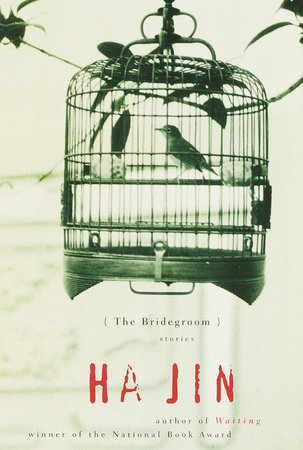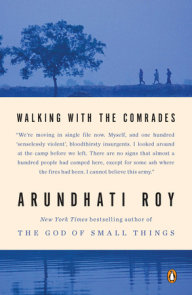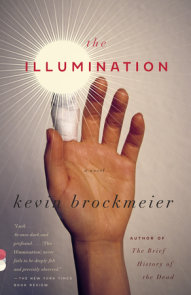READERS GUIDE
The questions, discussion topics, and author biography that follow are intended to enhance your group’s reading of The Bridegroom, Ha Jin’s latest collection of short fiction.Introduction
With these tales—three of which have been selected for inclusion in The Best American Short Stories—he returns to Muji City, the same provincial city in northern China that was the setting of his National Book Award-winning novel Waiting. The stories take place in contemporary times, after the end of the Cultural Revolution, as the repressive years of Maoist reeducation give way to a new and often confusing set of circumstances. China remains an essentially communist nation, but begins cautiously to open itself to individual entrepreneurship in business. With the great majority of people still working in state-owned industries, political situations are inseparable from the details of everyday life. As the characters in these stories struggle to make a living, they cope with government bureaucracy and the occasional intrusion of communist party officials into their domestic affairs.In the title story a handsome young man marries a homely girl, to the surprise and relief of her guardian. But good fortune gives way to grief when the man is found guilty of the "bourgeois crime" of homosexuality. In "After Cowboy Chicken Came to Town," an American-run fried chicken restaurant creates conflict among its Chinese workers, who find to their dismay that American enterprise has its own set of injustices. And in "Alive," a man who has traveled on business to a distant city is injured in an earthquake, loses his memory, and marries a woman whose family has been killed, only to suddenly remember the family he left behind. When he returns to them, he finds that since he has been presumed dead, he has lost his job and his apartment, and he begins to regret his decision to come home. The stories in The Bridegroom, in all their humor and sadness, are expressions of their author’s unswervingly realistic perspective on human nature and on life in contemporary China.
Questions and Topics for Discussion
1. Evaluating the stories in The Bridegroom, one reviewer commented, "Laced with black humor, they refrain from entering fully into the human complexities of their characters: unjust power structures, rather than the individual experiences of his protagonists, are the focus of these tales" [Claire Messud, The New York Times Book Review]. How accurate is this observation? In which stories is human complexity most fully revealed?






















